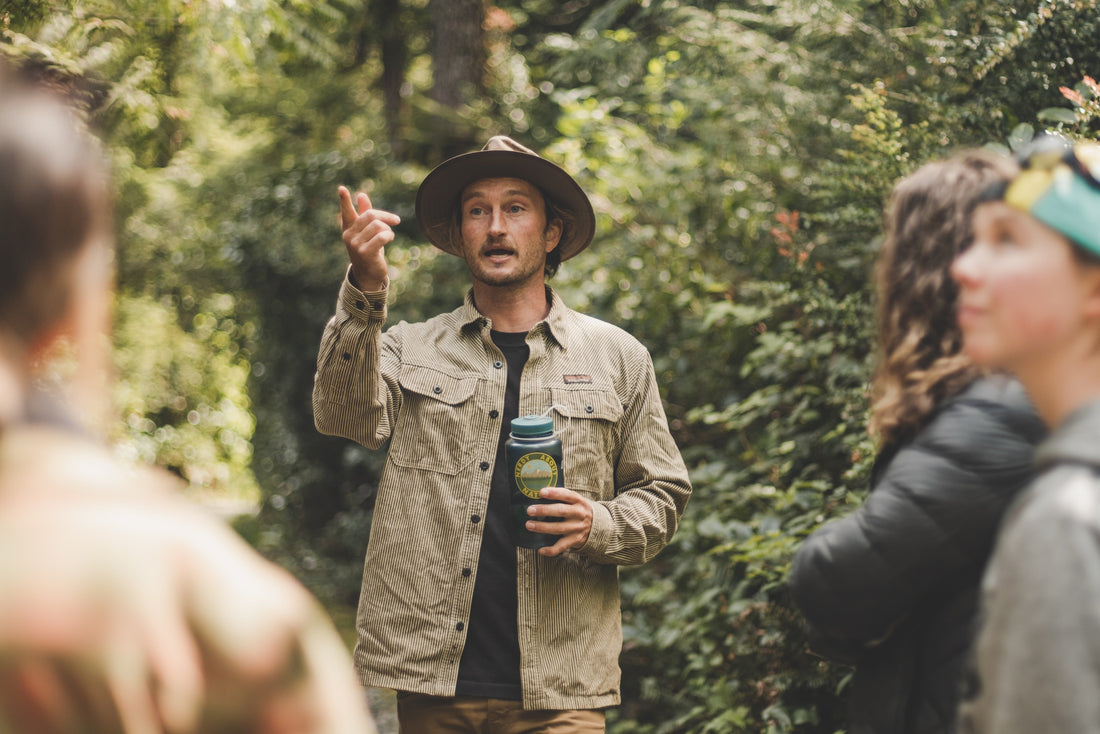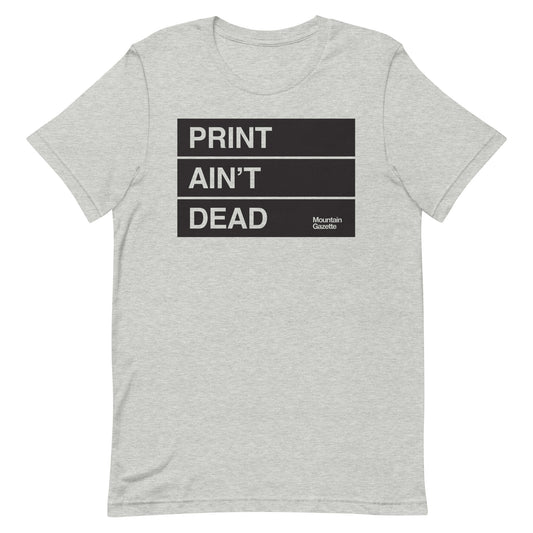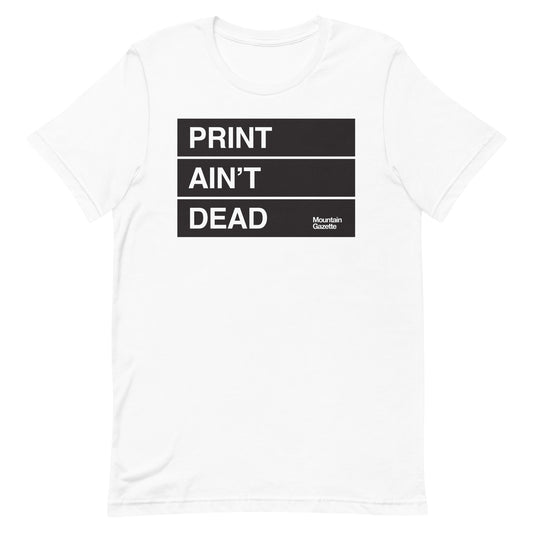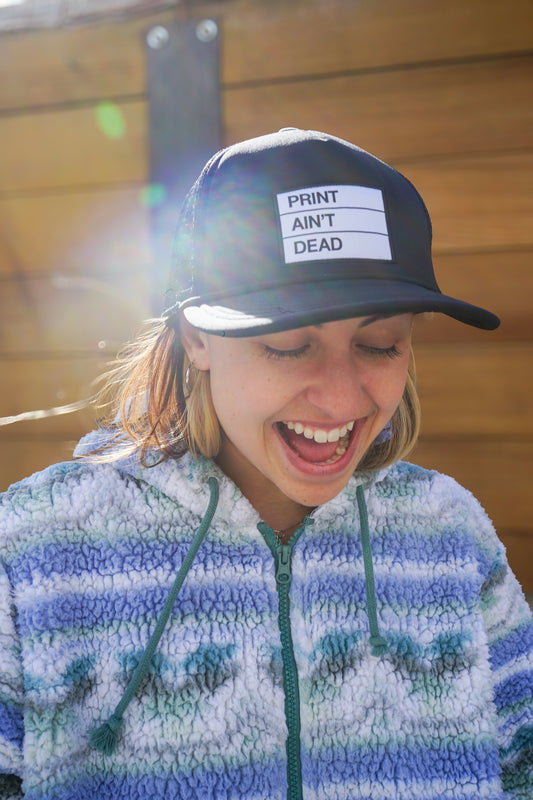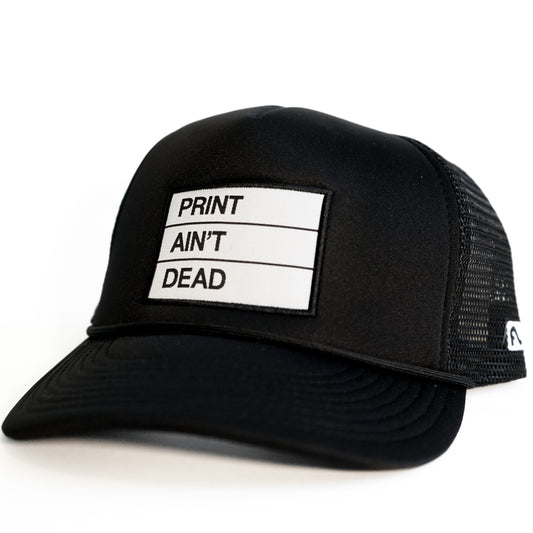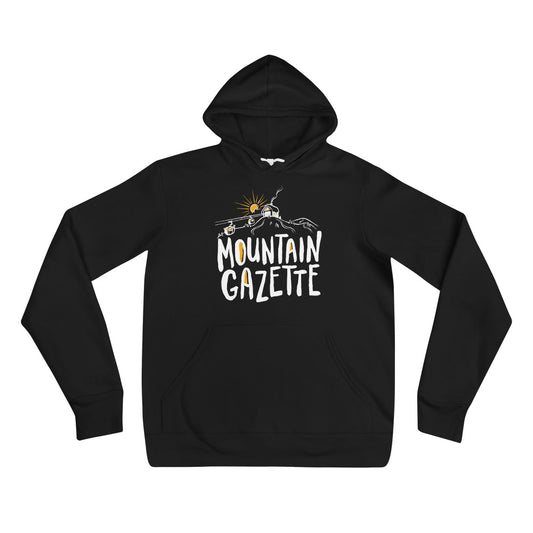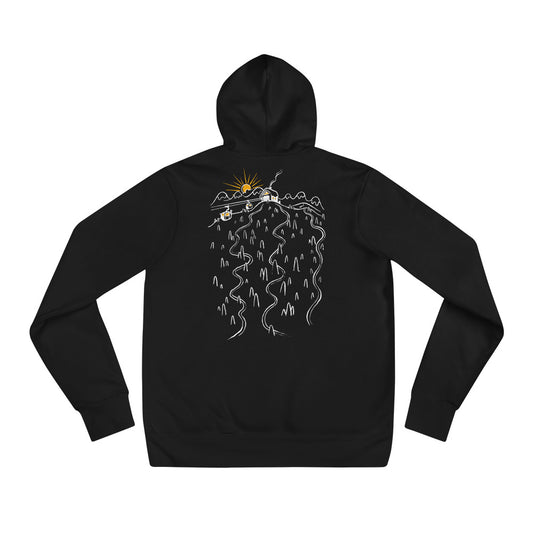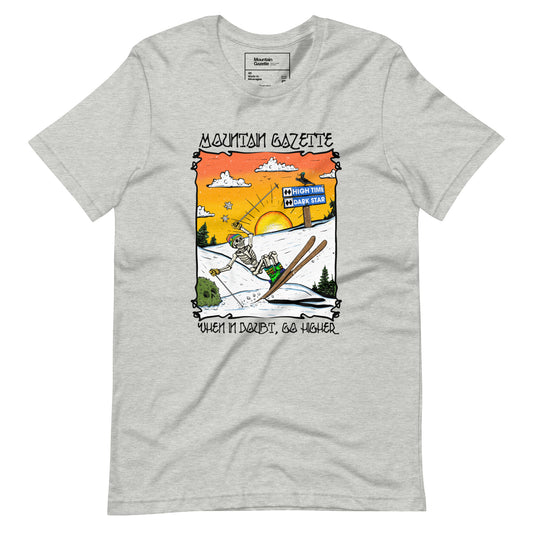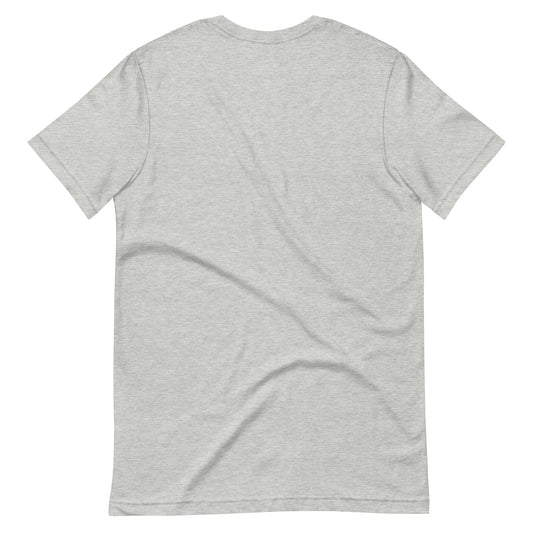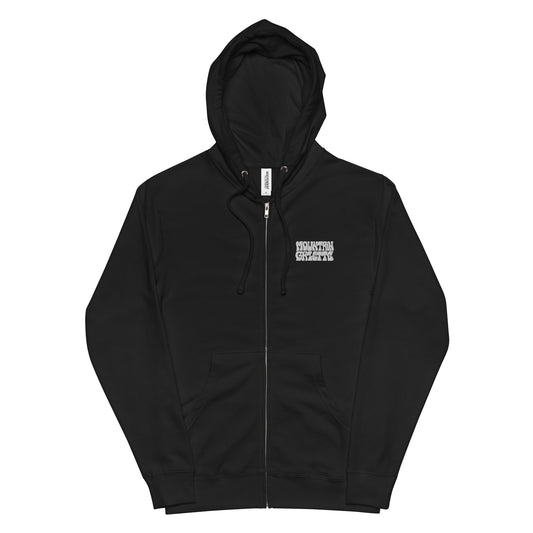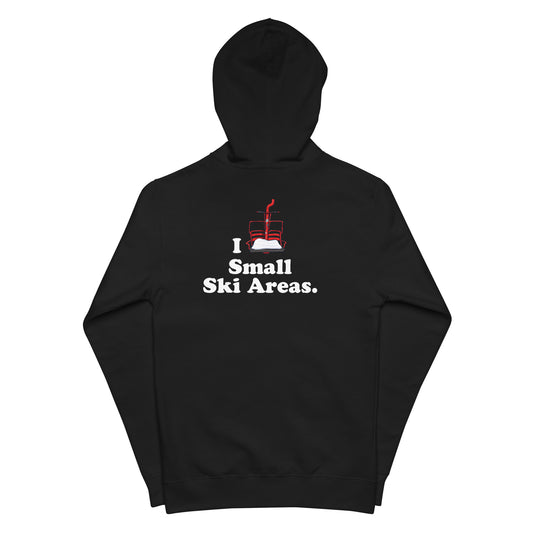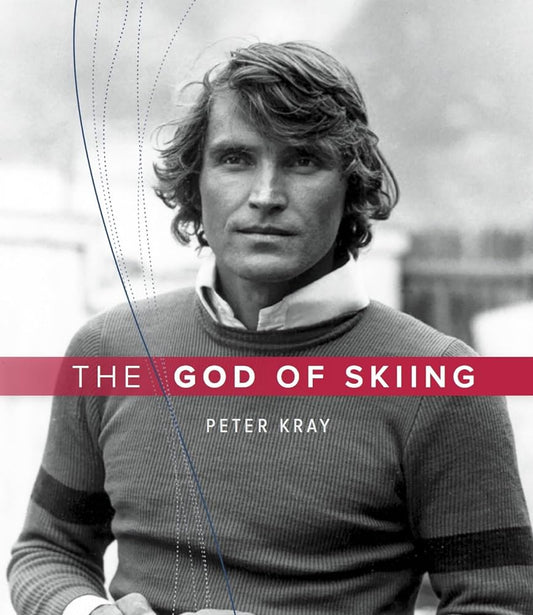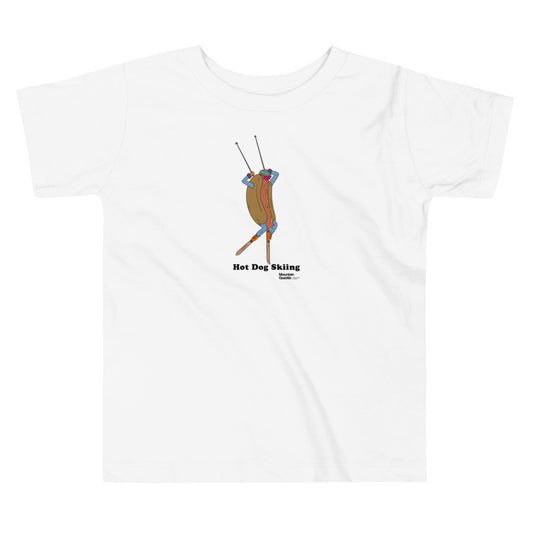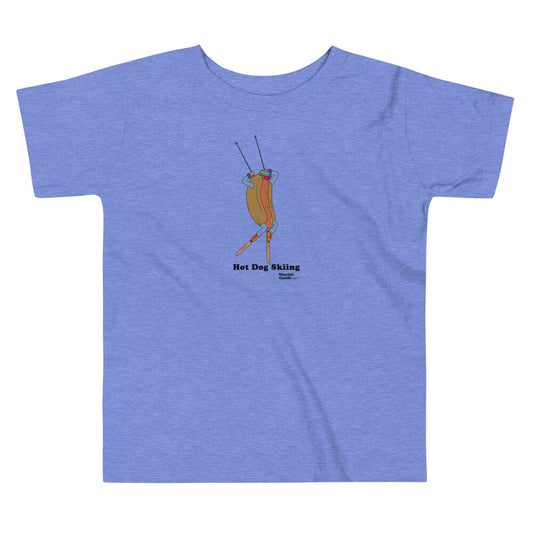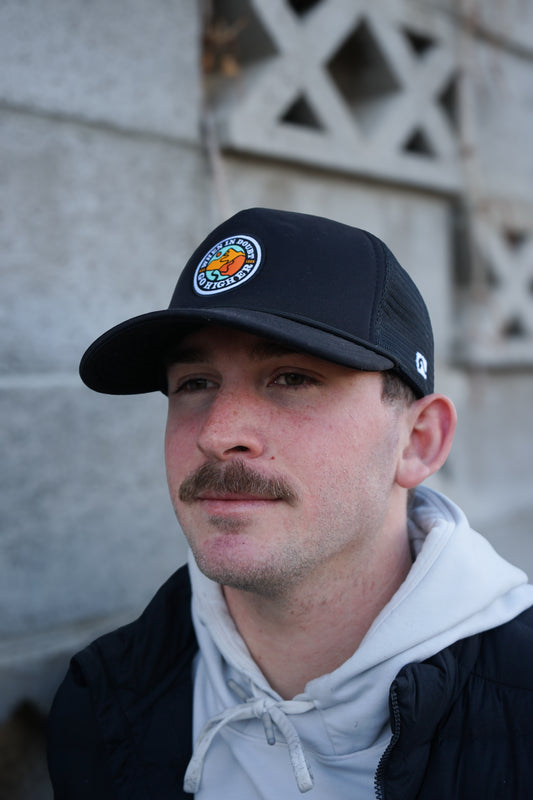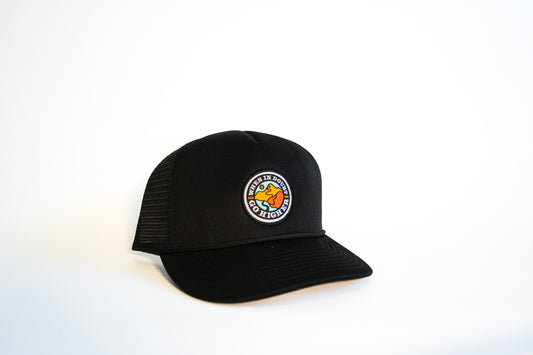Ross Reid is the man behind Nerdy About Nature, an inspiring social media account that aims to educate and activate its viewers around issues with forest management in B.C., Canada. Though its roots are in Cascadia, Ross' accounts have taken off with followers around the world. We reached one another by phone weeks ago to discuss the nature of running a nature-focused account in the era of bite size content. —Mike Rogge
Mike Rogge: You and I know each other from working on various film productions. We were on a shoot in Seattle one time, and one of the other filmers on the shoot said, "Dude, have you seen Ross's Instagram?" I said, "Yeah, of course. I follow Ross. He's my boy." He was like, "No, no…his other Instagram." Can you tell me how Nerdy About Nature started?
Ross Reid: Nerdy About Nature started as a passion project, a joke that just has gone full rogue. I’ve been a big nerd for nature, behind closed doors. I would read books on trees and ecology because I was into it. I'd see something when I was out ski touring, and I'd just get so hyper-focused on it that I'd go home and I'd research it. I did this for decades.
Then it got to the point when I was out hiking with an ex actually, and she was so annoyed. Every like 10 steps I'd be like, "Oh my God, check out this sick Western Red Cedar!" and I'd talk to her about the branches. Finally, she was just like, "Oh my God, you need to start a fucking Instagram account or something, because this is ridiculous. You need to channel this somehow."
I was driving all of my friends nuts anytime we'd go ski touring, or hiking or anything. Yeah, it was a joke to share my passion for trees, and nature. [The Instagram account]'s really snowballed, especially because I was doing that for six months. I think four months, and then COVID hit. Then all of a sudden I had no other work to do, and just this fun passion project thing. I just started putting my filmmaking skills to use, and kept going with it.
Mike Rogge: Several mutual friends will point to your Instagram. They're like, "Oh look, Ross has funny jokes, has 23,000 followers." But you have 132,000 followers on TikTok. Some of your videos on there have over a million views. I know you'll cringe at the idea of becoming a social media influencer—that's not what you are—but you freely created a popular channel. Tell me a little bit about when it started to take off for you. When it went from being a joke to being, like you said, full rogue.
@nerdyaboutneature Beyond the green veil…🤔🌲 #forest #bclogging #tree #logging #funfacts #fyp #foryou ♬ original sound - Nerdy About Nature
Ross Reid: TikTok's crazy, man. Over COVID, I had nothing to do so I started posting long-form tree videos and it really started to pick up. I got over 1,000 followers, at one point, and I was like, "Whoa, look at this!" As soon as it passed how many followers I had on my private account, and it was starting to open up doors. With everything happening up here in B.C. was very great this summer. I was an early, big advocate for trying to galvanize people to call John Morgan, the Premier up here, and get him to do anything. Because he and his campaign stated that he was going to protect old growth forests, and there was just no action for two years on it. Meanwhile, we're seeing all these photos of these old growth forests being logged to the ground here in BC. I was trying to galvanize people into making those calls, and exercising their right for free speech, and being engaged in politics.
Then Fairy Creek happened, which is a big protest blockade, land defenders blocking off one of the last intact watersheds on Vancouver Island, which gained a whole bunch of media traction. I already had a platform that was built on this education around why old growth forests are important, and why it's crucial to protect them. Everybody was talking about it. I heard a rumor, I never saw it air. But apparently they aired one of my things on CBC news, which is pretty cool. But I never saw that, and they definitely didn't ask for credit. I don't think they need to, it's social media, you can pull whatever you want.
@nerdyaboutnature Have you ever heard the quote, “energy flows where attention goes”? Well, in a sense, money can be thought of as energy, and where you put that money can have some real tangible outcomes, which makes ya think - exactly what kind of future do you want to create with your energy? When you bank with a local credit union like Vancity, you’re choosing to align that flow of energy with your values, and for myself, it’s climate action and environmental stewardship…which the big banks don’t really care much for. But Vancity provides local, community focused banking that invests in a better future instead of fossil fuels and wars, with an emphasis on supporting innovative, sustainable and climate-forward businesses and people - it just makes sense. Banking with Vancity is an easy call, because when you choose to bank aligned with your values, your money becomes a tool for good, a vote for the kind of world you want to live in. If you’re ready to put your energy toward a better future, check em’ out to see how you can be part of it. #vancity #community #communitybanking #creditunion #vancouver #energy #dogood
♬ original sound - Nerdy About Nature (Ross Reid)
It's given me a platform to talk about some deeper, heavier philosophical stuff that I think is really important for people to consider these days, especially in an era of climate change. Yeah, it's just given me more opportunities to have these broader discussions with folks all across the board. I'm a Protect Our Winters ambassador now, I'm doing work with some bigger companies doing some science communications for a couple big nonprofits up here in B.C. All of this was unplanned.

Mike Rogge: You spent a lot of your career behind the camera. Now, you're front of it all the time. I will say what I'm always impressed by is that you talk fast and seemingly nail these videos most times in one take. How many takes does it actually... How many attempts are you doing to get these?
Ross Reid: Oh man. I think I've only actually ever got it in one take once. It takes a long time. Some of them now, when I was first starting out, they were super loose and I'd just be out in the woods. I'd be like, "Oh shit, that's cool." I'd spin off the top of my head and say something there, which is all good and fun. But now what I'm finding is that a lot of the content and the stuff that I'm like doing, they've been requiring a lot more, how do I say it? Presence, I guess? Not necessarily thought, it's taking the time to really analyze what's going on. Sometimes I'll do some research beforehand on a topic, and write out a little script that I have memorized or something, and tick bullet points my head.
But then there are times when I'll go out in the woods, and I'll see something where I'm like, "Oh shit, I should talk about that." Then I do a rough take where I just outline what I want to say. Then I do another one where I'm like, "Okay, I can say it better," and then I'm like, "Oh shit, well I also want to say this too." Then I end up doing another one where I talk just a little bit faster, and then I'm following the same bullet point list in my head of what to say. But then I just end up thinking of so many other things I want to fill in there that I end up talking so fast to fit it all into a minute, that it just comes out at ludicrous speed.
I feel like that's almost been some of the quirk to it too, and maybe helped. Because in the world we live in today of social media, people's attention spans are so short. You got to hit them fast and keep them entertained. I feel like I'm really trying to ride that balance between engaging educational information, but then also in an entertaining way that keeps you captivated and laughing the whole way through hopefully.
Mike Rogge: I find your tone is perfect. It's really quick, it's humorous. You've got the nerd part down, despite having these facts, that it comes across on your socials if you just seemingly... It’s as if the info is innate to you. The other thing I've found in the past, messages around climate change or protecting nature are always really dire.
Everyone is desensitized to media, that it just seems to me like you captured this thing appropriately. It’s connecting with people. I know some of my friends that don't know you personally or professionally that I see then sharing your stuff. Friends of mine from New York, friends of mine from Southern California. It’s like you're giving people something to aspire to.
Through your process of doing this, have your own thoughts towards climate change and deforestation evolved by engaging with your audience, or engaging scientists?
Ross Reid: There have been little amendments, or add-ons that people have done. There have been a couple of videos where I went through and clarified something I've said from a scientific perspective. I said something about alders, that they suck up nitrogen from the air and helped recycle that nitrogen into the soils. Which is true, but that is such a gross oversimplification of the actual process that I went back and did a whole video explaining how exactly they get that atmospheric nitrogen into their leaves, and then how the leaves fall and decompose that and brings it back to the soil.
These are very complicated, nuanced subjects, and it's difficult to fit that into a minute. But that's where I feel like planning more, and trying to come up with a concise message that makes sense. Dude, it's so difficult, because there's so much information you could go into. Each one of these one minute videos could be a full on Planet Earth documentary series. It's just trying to find that line, and keeping it simple is difficult. But as for changing my perspective on things, I've had some interesting conversations with a lot of folks in the logging industry, particularly with all the stuff happening here in B.C. I found that to be eye-opening and very relevant for not only logging issues, but climate change and even this pandemic. It's the idea that every single one of us has our own opinions, and beliefs, and bias for whatever it is, and every one of us is right in our own way.
Ross Reid: There've been a couple folks, yeah. Cristina Mittermeier, one of the folks behind SeaLegacy, she just started following me. Jillian Harris. I didn't know who Jillian Harris was, because I'm not Canadian. Apparently she's the Oprah of Canada. People say she started following me, and early on she shared one my videos, that was pretty sweet. Curtis Rice just started on me the other week, that was pretty dope.
Mike Rogge: You mentioned that you were starting to work with some brands. Is your hope maybe to turn this into a full-time job, or at least like a part-time job that helps pay the bills a bit?
Ross Reid: Yeah, that's an interesting one. I would love to be able to do this full-time, 100%. Getting paid, and finding a way to make enough money to even pay my rent has been pretty difficult I find, and I don't know if that's partially due to my own arrogance. There are brands out there who have been willing to work with me, but I also desperately feel that if I'm going to work with anybody, any brands, they need to be brands that are 110% aligned with my vision, and the vision that we need to create in the future. I've had a couple clothing brands reach out to me, but they're still using non-recycled polyester, and all this plastic shit, and there's no natural fibers, chemical dyes. I'm just like, "No. Cool product, it looks sick. But I want absolutely nothing to do with selling that, because that is not what the future needs."
We don't need any more of that shit. If you're not coming at the future from that same constructive mentality of finding a way to do things better and differently, then I don't think that's anything anybody should be promoting, because I think we really need to incentivize and promote people actually doing the hard work and making the change beyond just greenwash marketing schemes that change every six months.
Mike Rogge: Do you feel like you're actually making change? Do you feel like you're making progress? I know for me personally following you, we're friends. But also I like following your account. I've started thinking about the way the Tahoe forests are managed, and what's happening around me. That’s thanks to you. Do you feel like you're making a difference?
Ross Reid: Yeah, a little most of the time. It's easy to get down on it, because the world we live in is so daunting and overwhelming with all the things that I feel really need to change to mitigate climate change and truly create a better world for our kids. People are stoked. I get messages all of the time, like fan mail and hear firsthand accounts from people how something I said changed the way that they interpret this, or were able to talk to their cousin who's a logger or something. I think it's slow change, and I'm really deliberate with my messaging, and really painstakingly make an effort to communicate with everybody who tries to communicate with me. If you send me a message, I read everything and I'll try to engage in some critical conversation, especially in the comments. If somebody has a comment about something, I really try to like take the time to sit down and give everybody the space to respond to them and address them, because I feel like that's really necessary. It's really difficult on TikTok though, because TikTok is not a platform that's built for back and forth communication.
If I can make a difference one person at a time, even if that's just opening up the doors to communication and expanding someone's thoughts on how to manage a forest differently, or how to really instigate change when it comes to indigenous sovereignty and Black Lives Matter. All of these divisive things that our society has been built on, these colonist concepts that really need to be broken down if we're ever truly going to address and unite over climate change. Yeah, then I think that's a win. I can change some people's minds, and get people to working together. I think that's a good thing.
To learn more about Ross head to NerdyAboutNature.com and follow along on your preferred social channel.

